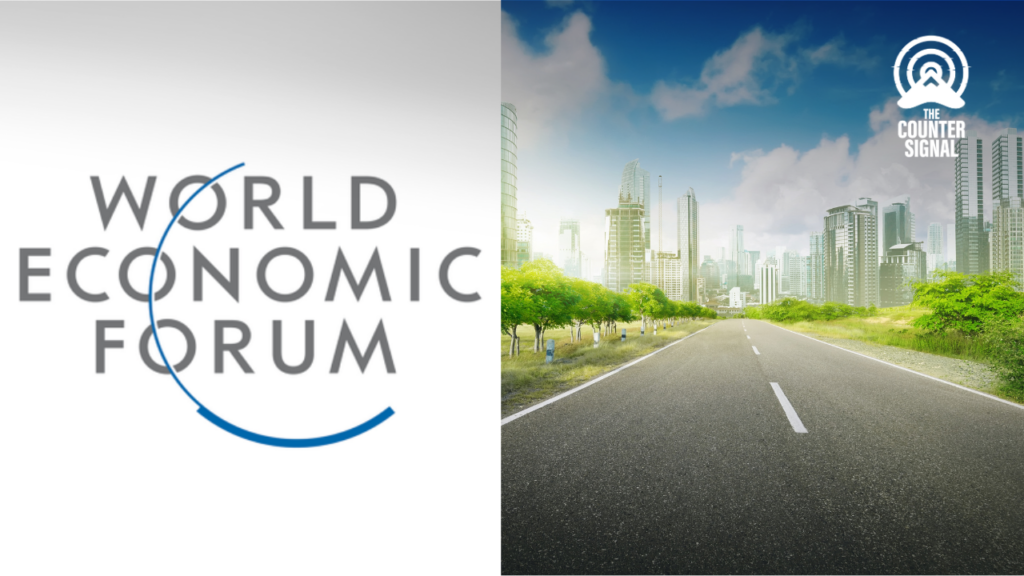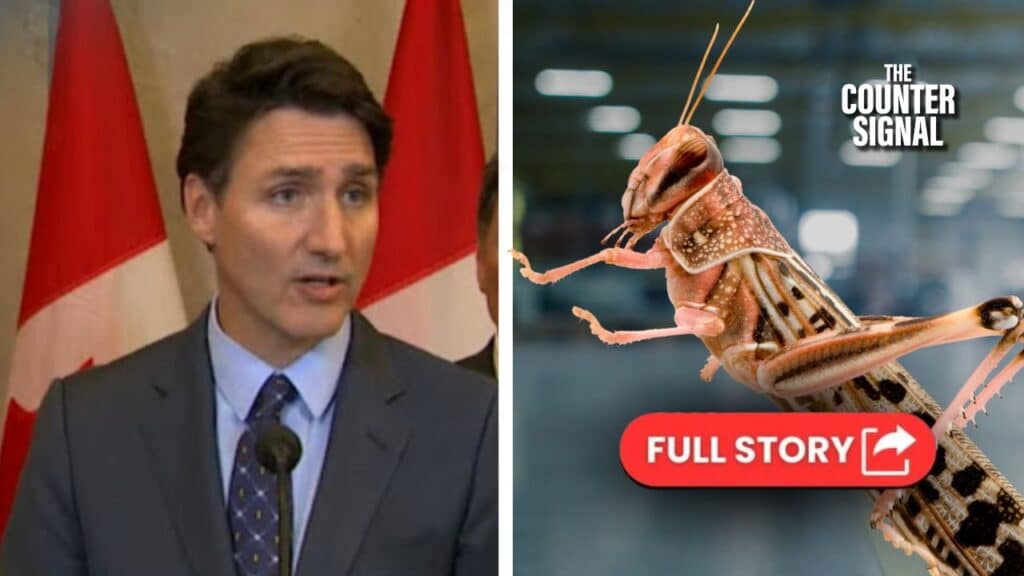The World Economic Forum (WEF) Great Reset agenda was on full blast recently after the organization published a blueprint to drastically cut the number of personal vehicles globally from 1.45 billion to 500 million by the year 2050.

If achieved, the massive cut to car ownership would be a 75% reduction in the total number of cars in the entire world.
Why do we need personal vehicles if we’re all confined to our WEF-mandated 15-minute cities anyways, right?
The white paper titled The Urban Mobility Scorecard Tool: Benchmarking the Transition to Sustainable Urban Mobility was co-authored with Visa and demands that municipalities put limits on the use of private cars.
At its core is a tool called the “Urban Mobility Scorecard,” which measures how well cities are performing in four areas: shared, electric, connected and automated transportation along with other UN-style sustainable development goals.
The paper also showcases three cities that have participated in a pilot test of the tool: Buenos Aires, Argentina; Curitiba, Brazil; and Singapore.
“The capital of Argentina is seeking to enhance sustainable mobility to keep people moving while offering more connected, integrated transport,” writes the WEF.
According to the document, by following these recommendations, cities can achieve a 95% reduction in carbon dioxide emissions from urban mobility, a claim it makes without any hard evidence.
The paper argues that it will require “public-private collaboration” at a global scale to complete their goals.
“No one city, or one company, can achieve this vision alone,” the WEF states.
“Through strong public-private collaboration, we can find innovative, impactful, and context-sensitive solutions for mobility to enable a sustainable future for cities.”
Its latest tool is in line with the WEF’s plan that by 2030 “you’ll own nothing and be happy.”
As previously reported by The Counter Signal, the Trudeau Liberals signed a WEF-led charter.











